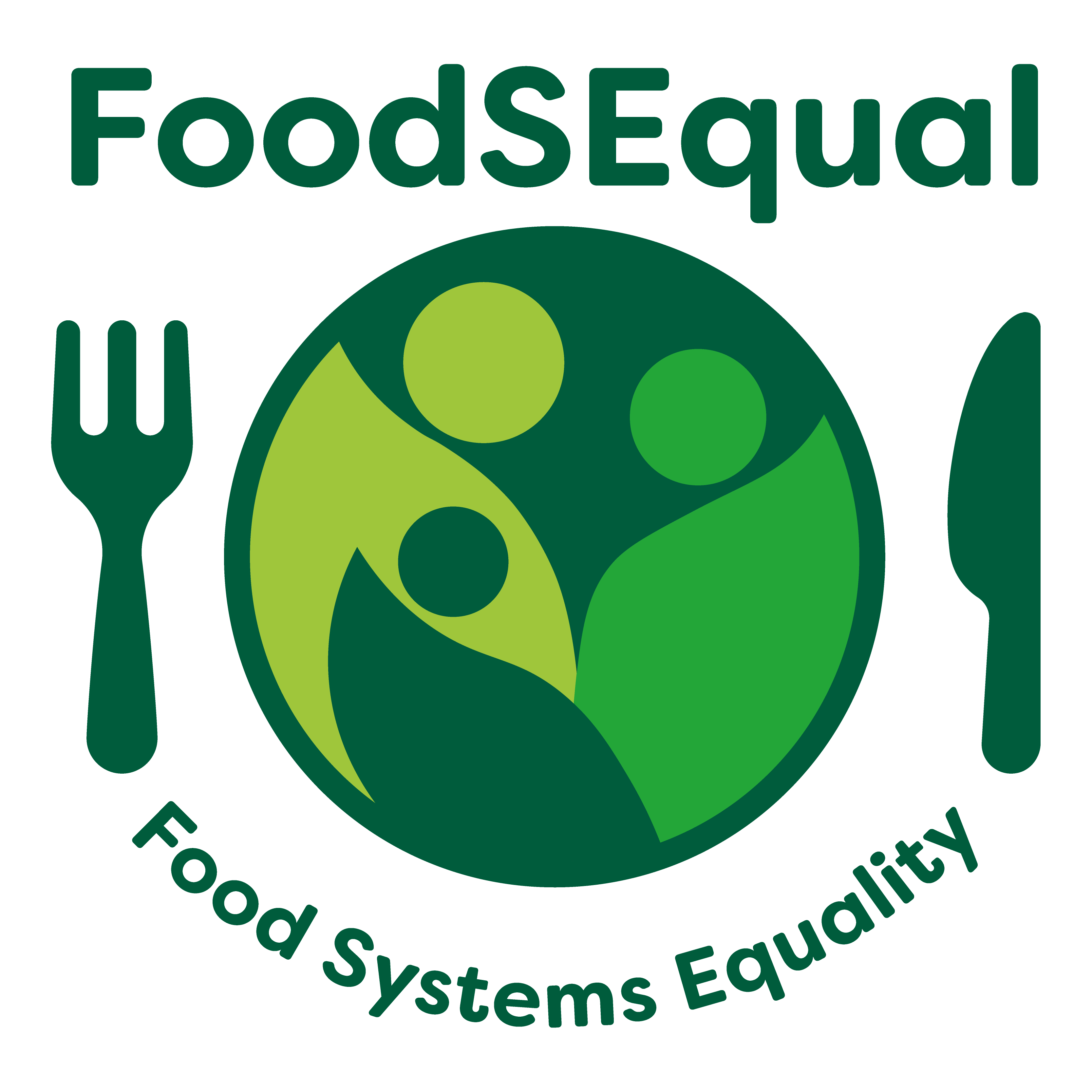The Food Systems Equality project is one of four research consortia funded by the £47.5M ‘Transforming UK Food Systems programme’ delivered by UKRI, in partnership with the community, government and businesses.
Read more about Transforming UK Food Systems programme →
This project will identify and implement the innovations and new configurations of the food system that are necessary to deliver improved nutritional public health and wellbeing for citizens from disadvantaged communities with enhanced environmental sustainability. The project will develop a framework to ensure that food is affordable, desirable and fits with the complex demands on people’s lives. This means that regular consumption of a nutritious diet, produced in a way that is good for our planet, will be an attainable aspiration for all members of our society.
The team will do this using co-design, co-production and participatory methods that enable major food businesses and community owned enterprises to engage with each other, and with the citizens who consume food.
The proposed programme of research integrates some of the largest food businesses in the country, together with distribution and retail partners that reach into the heart of disadvantaged communities across the UK. Working alongside government departments and civil organisations, the team will develop a resilient, sustainable and adaptable food system for populations from different regions, age groups and socio-cultural backgrounds.
The project is divided into three Phases: Benchmarking, Innovation and Evaluation. In addition, two Themes addressing ‘Environmental, Economic and Social Sustainability’ and ‘Policy, influence and impact’ run across the three Phases.
In Phase 1 (Benchmarking) of the project, a picture of the national food landscape in disadvantaged communities from across the UK will be built, and the impact of the current food system on environmental sustainability will be analysed. Investigation of current corporate, social and government policy frameworks that guide food and agriculture in the UK and across Europe will be evaluated to highlight positive directions for the future.
In Phase 2 (Innovation), communities and businesses will codevelop new supply chains, new or reformulated exemplar food products and new policy frameworks.
In Phase 3 (Evaluation), these innovations will be evaluated, adjusted and improved. The impact of scaling these innovations to basket level and national level will be evaluated, quantifying the potential impact of nationwide changes on the environment and health.
By the end of the project, we will have established effective methods for co-creation of policy, products and supply chains that can be implemented at a national level. As a result, every citizen will have the potential to make decisions about their food and will have access to a diet that is affordable, attractive, healthy and environmentally sustainable.
Who we are
World-class researchers from Reading, Cranfield, Plymouth, Kent and Sussex Universities working in partnership with communities and businesses, seek to transform the UK food systems.
Principal Investigator:
Carol Wagstaff
Professor of Crop Quality for Health
Co-Investigators:
Philip Jones
Theme I Lead
Gunter Kuhnle
Theme I Lead
Sally Lloyd-Evans
Phase I Lead
Michael Bourlakis
Phase I Lead
Clare Pettinger
Theme II Lead
Katerina Psarikidou
Theme II Lead
Colette Fagan
Phase II Lead
Elaine Swan
Phase III Lead
Research Fellows and Post-Doctoral Research Associates:
Research Technicians:
PhDs:
- Participatory frameworks for enhancing sustainability and resilience in urban agriculture. [Imogen Hockenhull, University of Reading]
- Food Redistribution in UK Supply Chains and adherence to the UK government’s food and drink waste hierarchy. [Rusudan Gongladze, Cranfield University]
- A ‘Community Food Researcher’ model: exploring the impact of community based research for food systems transformation. [Hannah Gardiner, University of Plymouth]
Leadership Team:
Carol Wagstaff
Principal Investigator
Martin Chadwick
Business Liaison Officer
Jane Bradbeer
Project Manager
Trisha Bennett
Community Liaison Officer
Advisory Board:

